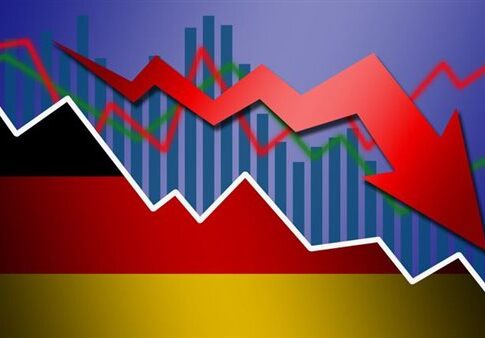Germany, long revered as the manufacturing powerhouse of Europe, faces a pivotal moment in its industrial history. While manufacturing still accounts for 27% of total employment in Germany, this figure has decreased from 32% two decades ago, marking a nearly 15% decline (a figure that may decline much faster during the coming decade if no sustainable solution is set into action promptly). This trend, coupled with increased competition from Asia, has put German manufacturing at a crossroads, necessitating urgent action to enhance cost efficiency.
Volkswagen: A Case Study in Economic Stress
The recent financial stress faced by Volkswagen (VW) serves as a stark illustration of the broader challenges confronting German manufacturers. According to a Reuters article, VW has been grappling with a combination of rising production costs and intense competition from Asian automakers. The company’s struggles highlight the urgent need for Germany to rethink its manufacturing strategies.
Recent reports indicate that Volkswagen is experiencing significant financial strain. Factors contributing to this stress include:
1. Increased Production Costs: Rising energy prices and labor costs have put pressure on VW’s profit margins.
2. Supply Chain Disruptions: The global semiconductor shortage has severely impacted VW’s production capabilities.
3. Competition from Asia: Asian automakers, particularly from China and South Korea, have made significant inroads into the global market, offering high-quality vehicles at competitive prices.
Several think tanks within Germany have proposed solutions to improve cost efficiency in the manufacturing sector. Some of the key recommendations include:
1. Investment in Automation and AI: Embracing advanced manufacturing technologies such as robotics, artificial intelligence, and machine learning can help reduce labor costs and increase productivity.
2. Supply Chain Diversification: Reducing dependence on a single source for critical components, such as semiconductors, can mitigate the impact of supply chain disruptions.
3. Energy Efficiency: Investing in renewable energy sources and energy-efficient technologies can help lower production costs in the long run.
4. Workforce Training and Development: Upskilling the workforce to adapt to new technologies can enhance operational efficiency and maintain Germany’s competitive edge.
Germany’s manufacturing sector stands at a critical juncture. To counter the decline in employment and stave off competition from Asia, German manufacturers must focus on improving cost efficiency. Volkswagen’s current financial woes underscore the urgency of this task. By investing in advanced technologies, diversifying supply chains, and enhancing energy efficiency, Germany can secure its position as a global manufacturing leader.


